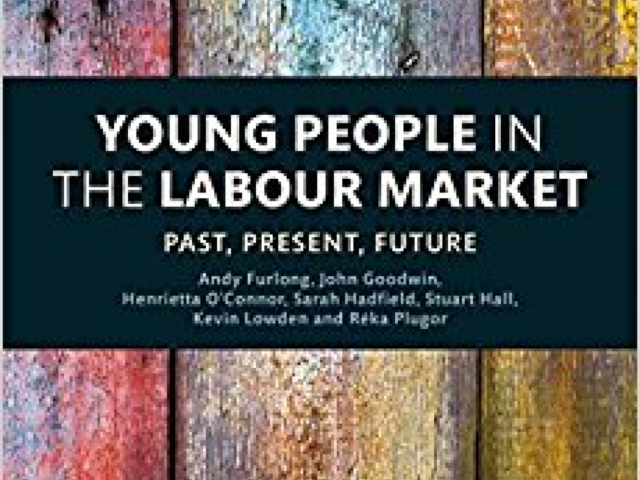Framed by the ideas of Norbert Elias, Young people in the labour market: past, present, future challenges the idea that changing economic landscapes have given birth to a ‘Precariat’ and argues that labour insecurity is more deep-rooted and complex than others have suggested.
Drawing on data originally collected during the 1980s recession and comparing it to contemporary data drawn from Understanding Society, the book explores the ways in which young people have adjusted to the changes, arguing that life satisfaction and optimism are linked to labour market conditions.
How was Understanding Society used?
Download Understanding Society’s youth data
The publication makes use of Waves 1 and 2, filtered to include only those individuals in the age range 18-25 (up to 6,500 individuals). Those individuals were asked a range of questions relating to educational experiences, patterns of labour market engagement and plans for the future. The datasets contain detailed information on home circumstances and parental position and there are linkages to administrative data for school attainment.
Reviews
“This pathbreaking book provides a way out of the conceptual and policy cul-de-sac on precarious work for young people, that has dominated research and policy formation. Driven by the question ‘how did precarious work come to be the “new normal” for young people?’, the authors trace changing working conditions in the UK, Denmark and Germany from the mid-1970s. This ‘long view’ exposes the suffering inflicted on young people by successive government policies and sets a new research and policy framework within which young people’s lives can be built.” Johanna Wyn, Director of the Youth Research Centre, Australia
“Some of these authors have been holding the flame for youth studies for the last thirty years. Here, in a new must-read book analysing changes over that time, they show how vulnerable youth should no longer be regarded as a generation ‘lost’ to the labour market. Instead, they are now a ‘liminal’ generation in the labour market, caught betwixt and between by precarious employment.” Chris Warhurst, Professor and Director of the Warwick Institute for Employment Research, Warwick University, UK
Related links
- Tell us about your research
- Register for events and training
- Register for the Understanding Society newsletter
- Follow us on Twitter




